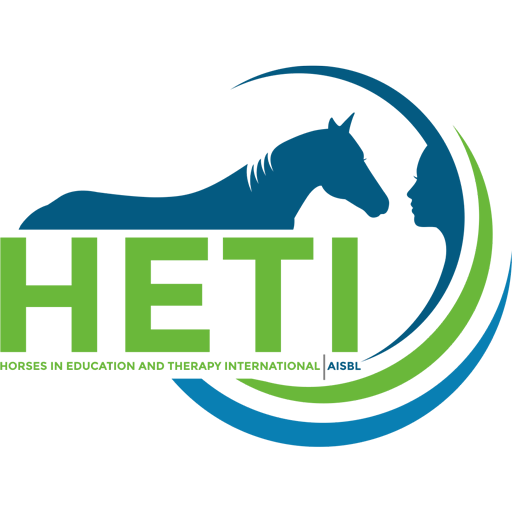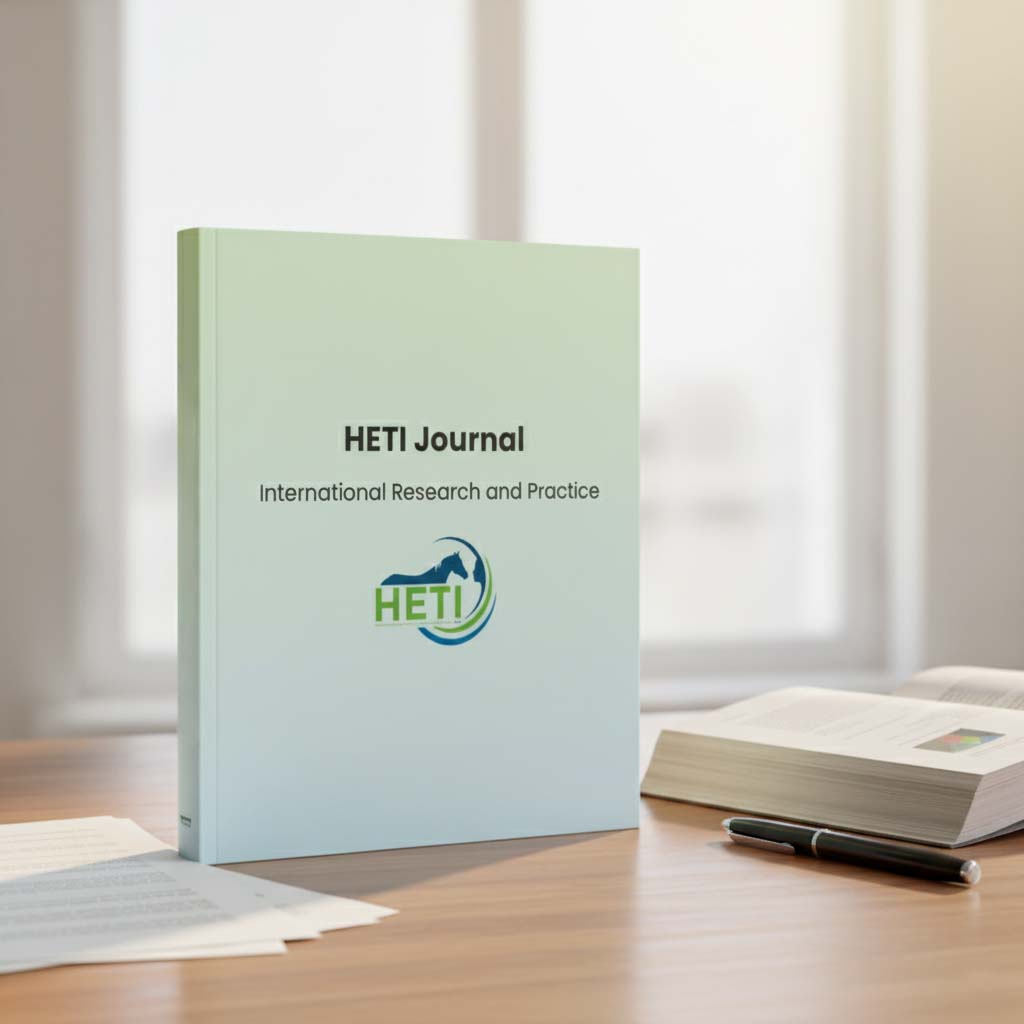Riders, parents and facilitators views on the influence of Equine-Assisted Learning on motor, social and cognitive skills in young individuals with Autism Spectrum Disorder – an interview study.
€0.00
Equine-assisted learning (EAL) appears to benefit individuals with autism spectrum disorder (ASD) in physical, mental, and social aspects. The purpose of this research effort is to investigate the views of participants with ASD, their parents, and the facilitator who participated in an EAL program regarding its impact on their social, cognitive, and motor skills. Three case studies were applied, and semi-structured interviews were conducted with participants, including their parents and the EAL facilitator. The questions pertained to general information about the interviewees and their sessions, while also examining the results concerning their skills. The influence of EAL was emphasised by three riders, their parents and the facilitator. Results indicate that the gradual relationship between riders and the horse is significant, as they develop and evolve in different areas of their life. In particular, they gradually learn to communicate, care, socialize, gain self-confidence, improve their perception and muscular strength and integrated differently in education through exercise. Findings show that the relationship formed between individuals with ASD, the facilitator and the horse is a significant influential factor in strengthening their social, cognitive, and motor skills, a realization that can be utilized for their more effective education.

